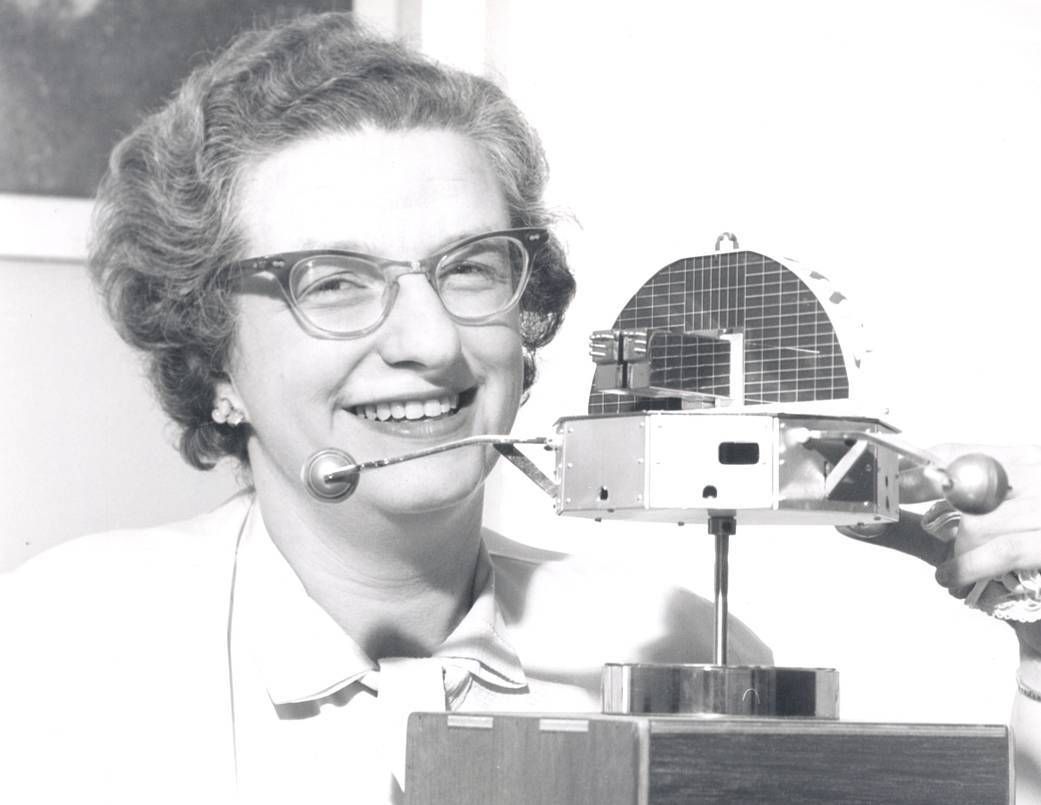 "When I walk into a room, most people see me as confident and ready to take on the world. As an engineer in the aerospace industry, that’s the persona I would like them to see. But in reality, I’m most likely experiencing a serious level of anxiety stimulated by my invisible disability."
"When I walk into a room, most people see me as confident and ready to take on the world. As an engineer in the aerospace industry, that’s the persona I would like them to see. But in reality, I’m most likely experiencing a serious level of anxiety stimulated by my invisible disability."
Dr. Renee Horton, whose career has taken her all over the world, discussed her experiences as a black woman in science at the October 2020 meeting of the AAS Division for Planetary Sciences. Now a Quality Engineer in the NASA Residential Management Office at Michoud Assembly Facility in New Orleans, Dr. Horton's inspirational messages remind us that overcoming imposter syndrome, finding some sort of balance in our lives, living with intersecting identities, and figuring out our life's passion(s) are constant challenges.
Below Dr. Horton shares her wisdom with us; links to slides and a recording of her talk can be found at the end of this post.
Describe briefly your day-to-day activities in your job, including opportunities to be creative and to take initiative.
Currently my day-to-day consist of multiple meetings with occasional days in the factor or a trip to the test stand to complete paperwork.
My morning routine before work consist of answering emails and checking my calendar and a workout twice to three times a week.
Currently my work schedule is from 6:00 to 3:30.
What were the most important factors that led you to stay in science and engineering?
I want to make a difference for the next generation and I want to change the face of STEM.
What have been particularly valuable skills that you gained through completing your degree?
Resilience and perseverance
Describe job hunting and networking strategies that lead you to your current position.
My position was a direct lead of me doing an intern with NASA.
What advice do you have for people who are contemplating a career in science, especially those who identify along multiple axes?
Use being multi-dimensional to your advantage. Don’t allow them to paint you into a box and you define yourself.
What advice do you have for leaders who are seeking ways to make professional environments more diverse, inclusive, equitable, and accessible?
Be willing to accept the talent as it comes and don’t try to force them into an uncomfortable situation. Be willing to check yourself for inherent biases and be open to difference.
Learn more:
"Don't Silence Our Voice at the Table", 2020 DPS Talk and Slides
"NASA engineer K. Renee Horton explains how the challenges of a hidden disability can be compounded by racial and gender bias", Physics Today
Dr. Horton's website






